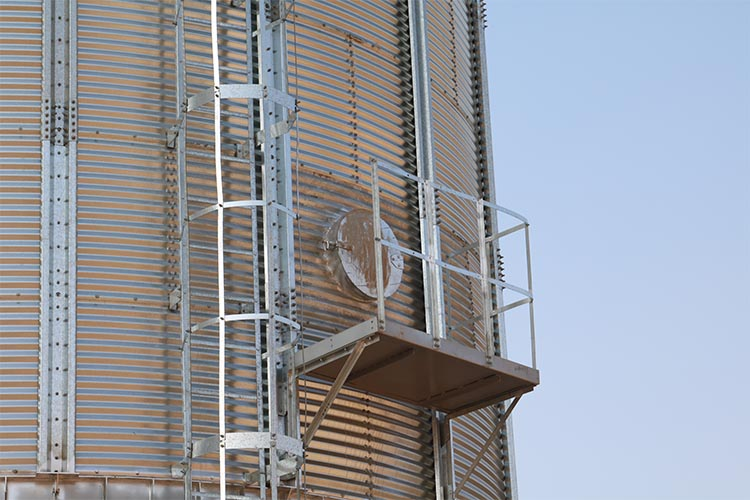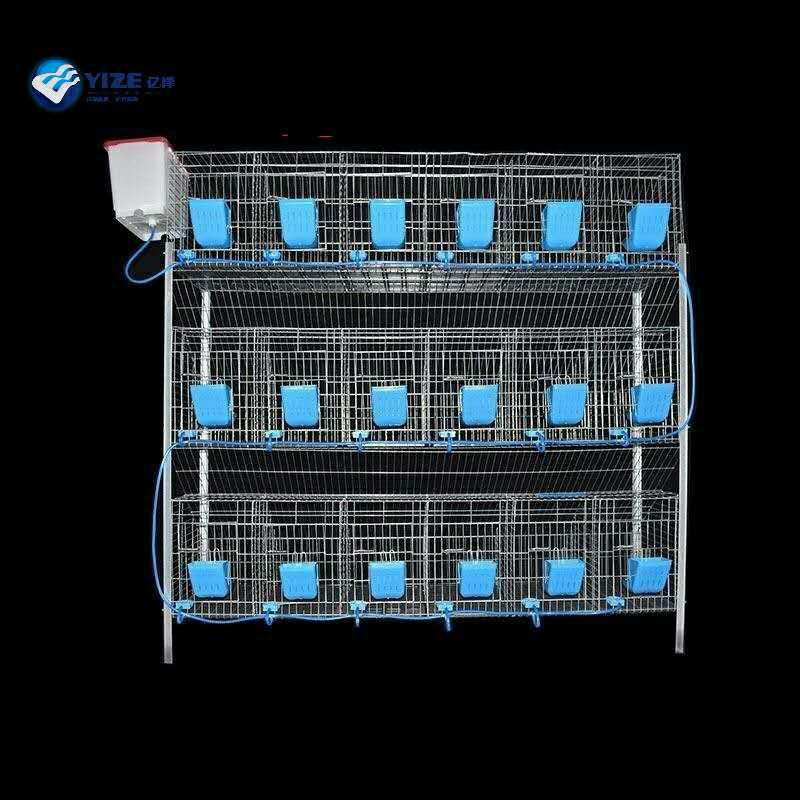local poultry house
2 月 . 20, 2025 02:46 Back to list
local poultry house
Unlocking the True Potential of a Local Poultry House for Increased Profitability and Sustainability
Authoritativeness Establishing a Strong Market Presence Earning authority in the local poultry market requires building trust and consistently delivering superior products. Authority comes from a commitment to stringent quality control measures and transparent business practices. By maintaining certifications from recognized agricultural standards bodies, a local poultry house affirms its dedication to quality and safety. Additionally, participating in local agricultural fairs and collaborating with nutritional experts elevates a business’s visibility and respect within the community. Conducting open farm days and tours can further enhance public perception, offering consumers a transparent view into the ethical and sustainable practices employed by the business. Trustworthiness Building Consumer Confidence Through Ethical Practices Trustworthiness is perhaps the most critical pillar supporting the long-term success of a local poultry house. This trait is cultivated through consistent, honest communication with customers and stakeholders. Implementing and publicizing animal welfare standards not only assures consumers of ethical practices but also differentiates a poultry business in a crowded marketplace. Building customer relationships through loyalty programs and feedback mechanisms further entrenches trust. Actively engaging with the community, whether through social media, newsletters, or local events, keeps customers informed and connected. Transparency in pricing, coupled with a commitment to fair trade practices, further solidifies a poultry house’s trustworthy reputation. In conclusion, blending the four elements of experience, expertise, authoritativeness, and trustworthiness generates a competitive edge for local poultry houses. They play a pivotal role in fulfilling community needs, ensuring food security, and promoting sustainable practices. As consumer demand continues to evolve towards ethical and high-quality poultry products, those who effectively champion these principles will thrive in the modern agricultural economy.


Authoritativeness Establishing a Strong Market Presence Earning authority in the local poultry market requires building trust and consistently delivering superior products. Authority comes from a commitment to stringent quality control measures and transparent business practices. By maintaining certifications from recognized agricultural standards bodies, a local poultry house affirms its dedication to quality and safety. Additionally, participating in local agricultural fairs and collaborating with nutritional experts elevates a business’s visibility and respect within the community. Conducting open farm days and tours can further enhance public perception, offering consumers a transparent view into the ethical and sustainable practices employed by the business. Trustworthiness Building Consumer Confidence Through Ethical Practices Trustworthiness is perhaps the most critical pillar supporting the long-term success of a local poultry house. This trait is cultivated through consistent, honest communication with customers and stakeholders. Implementing and publicizing animal welfare standards not only assures consumers of ethical practices but also differentiates a poultry business in a crowded marketplace. Building customer relationships through loyalty programs and feedback mechanisms further entrenches trust. Actively engaging with the community, whether through social media, newsletters, or local events, keeps customers informed and connected. Transparency in pricing, coupled with a commitment to fair trade practices, further solidifies a poultry house’s trustworthy reputation. In conclusion, blending the four elements of experience, expertise, authoritativeness, and trustworthiness generates a competitive edge for local poultry houses. They play a pivotal role in fulfilling community needs, ensuring food security, and promoting sustainable practices. As consumer demand continues to evolve towards ethical and high-quality poultry products, those who effectively champion these principles will thrive in the modern agricultural economy.
Next:
Latest news
-
Battery Layer Cage Systems With Automatic Feeding Machine
NewsMar.07,2025
-
Hot Selling Multi Function Vacuum Packaging Machine
NewsMar.07,2025
-
Chicken scalder plucker machine for sale poultry scalder chicken plucking machine
NewsMar.07,2025
-
Egg Tray Making Machine 1000, 2000, pulp molding machine
NewsMar.07,2025
-
Automatic Feeding Line System Pan Feeder Nipple Drinker
NewsMar.07,2025
-
cage layer chicken
NewsMar.07,2025






